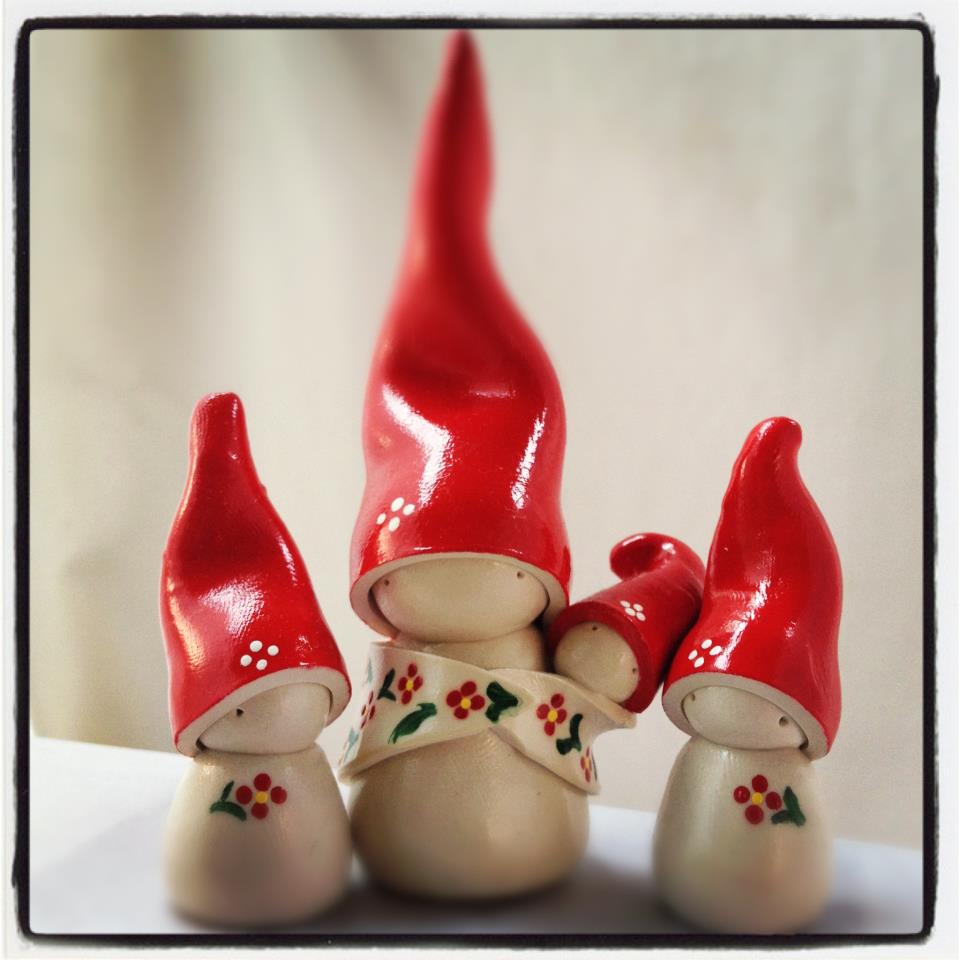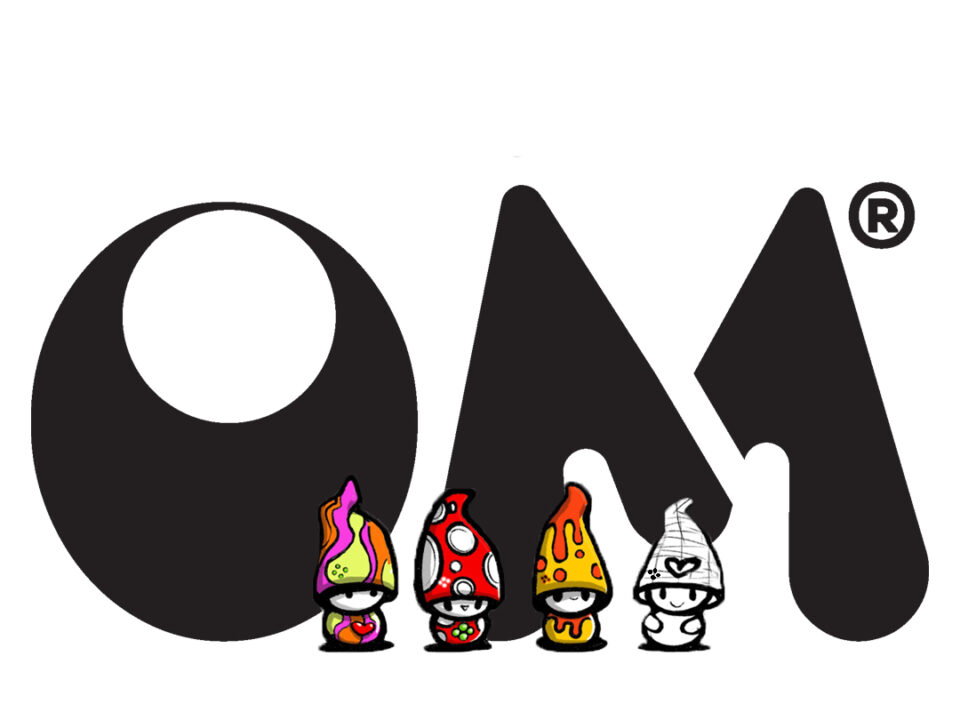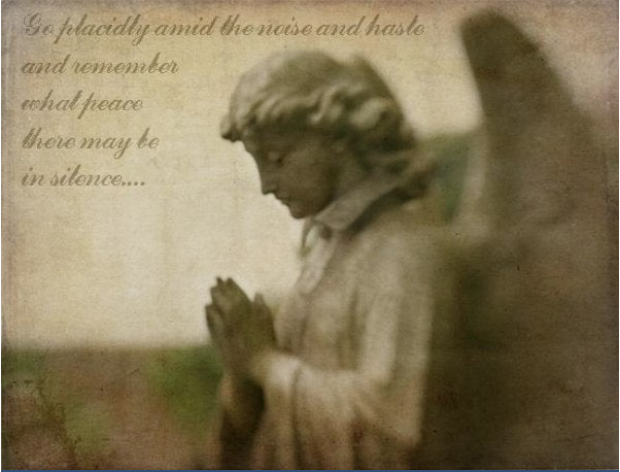'I hope that, one day, our world will be peaceful and loving, with no violence at all'
January 24, 2013Choose love, and love everyone . . .
January 31, 2013From time to time, a tale reaches us, here in our studio in Rhode Island, that is so inspirational that we have no option other than to share it . . .
One such story, one that has struck quite a chord here at OM HQ, was recounted to us in recent days. It is about a rather remarkable singer and esteemed stage performer called Monique Serf.
It all happened long ago and in a place far away, yet to us, Monique’s narrative couldn’t be more relevant. The things that drove her back then are the same things that motivate us in our ongoing efforts. We have our OMs, she had her songs. Connection runs strong in this one.
One song in particular stands out to us, a song called Goettingen, this named after a German city, a place that captured Monique’s heart and somewhere she came to call her home.
There’s nothing unusual in this, you might think. But consider that Monique had been born in Paris, in 1930 and, being Jewish, had seen, at first hand, the horrors of Hitler and the Nazi movement. She had lived through the occupation, seen her countrymen captured and killed and heard innumerable tales about the atrocities being committed.
Germany, one might think, would be the last place on Earth that she’d choose to embrace, even after the hostilities had ceased. But Monique had a different take on things than most people. You see, 2013 being the OM Year of Kindness, it delights us to report that Monique cherished all the same qualities that underpin our efforts and inspire our OMs. Qualities like kindness and compassion, like tolerance and understanding and forgiveness; above all, Monique recognized a certain universal truth – believing that, like us, we are all connected. This is something she immortalized in Goettingen.
This is a song that she recorded to celebrate connection, a song that commentators have described as a paean of praise, a song that she performed in both French and German.
In Goettingen, a song she first performed to a German audience at the theatre in Goettingen, she noted, ‘Of course, we have la Seine and our Vincennes Wood, but God the roses are beautiful in Goettingen, in Goettingen; But children are all the same, in Paris or in Goettingen, may the time of blood and hatred never come back, because there are people I love in Goettingen, in Goettingen’.
This is the same Goettingen where, a few years earlier, during the infamous Kristallnacht, the synagogue was burned to the ground; the same Goettingen where anyone thought to be Jewish was rounded up and dragged off to die in the concentration camps.
The war over, the German people trying to come to terms not just with their defeat but also with the realization that, in their name, the greatest crimes in history had been perpetrated, resentment lingered and peace remained a fragile notion. That into such an environment came someone like Monique – to offer an olive branch, to request a reconciliation and to demonstrate that, for all their differences, the people on both sides were, fundamentally, the same – is something that couldn’t inspire us more.
In the audience, at the Goettingen Theatre that night, sat a student called Gerhard Schroeder, who much later became Germany’s Chancellor. He has since claimed that, in her kind and compassionate actions, and in setting such an example to others, Monique Serf perhaps did as much as any politician to restore relationships, heal deep wounds and bring people back together. ‘It went to our hearts,’ he said. ‘The start of a wonderful friendship between our countries.’
So much did Monique’s song inspire Chancellor Schroeder that he quoted from it during an official address, 10 years ago, to mark the 40th anniversary of the Elysee Treaty, an act that brought reconciliation between France and Germany, during the troubled post-war period.
So much has it inspired us that it is our intention to keep it in our hearts forever . . .
You see, no matter our differences and no matter past events, children are all in the same in Paris and in Goettingen. In Monique’s name, may the time of blood and hatred never come back . . .





